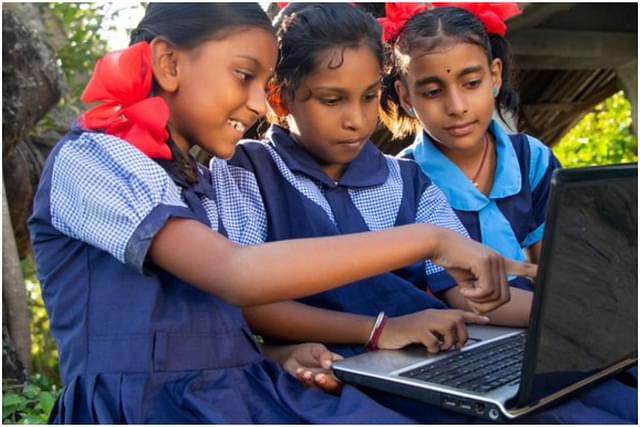School closures have led to alarming inequities in learning opportunities for children in South Asia, despite significant efforts by governments and partners to expand remote learning, according to a recent UNICEF research conducted in India, the Maldives, Pakistan and Sri Lanka.
School closures in South Asia due to the pandemic have interrupted the learning of 434 million children. According to UNICEF’s research, a substantial proportion of students and their parents reported that students learned significantly less compared to pre-pandemic levels. In India, 80 per cent of children aged 14-18 years reported lower levels of learning than when physically at school.
Similarly, in Sri Lanka, 69 per cent of parents of primary school children reported that their children were learning “less” or “a lot less.” Girls, children from the most disadvantaged households and children with disabilities faced the biggest challenges while learning remotely.
“School closures in South Asia have forced hundreds of millions of children and their teachers to transition to remote learning in a region with low connectivity and device affordability,” said George Laryea-Adjei, UNICEF Regional Director for South Asia. “Even when a family has access to technology, children are not always able to access it. As a result, children have suffered enormous setbacks in their learning journey.”
Despite significant efforts from governments, low connectivity and access to digital devices have severely hampered efforts to roll out remote learning. In India, 42 per cent of children between 6-13 years reported not using any type of remote learning during school closures. In Pakistan 23 per cent of younger children didn’t have access to any device that could support remote learning. Poor and disadvantaged households have been the worst hit, with many families struggling to afford even a single device.




